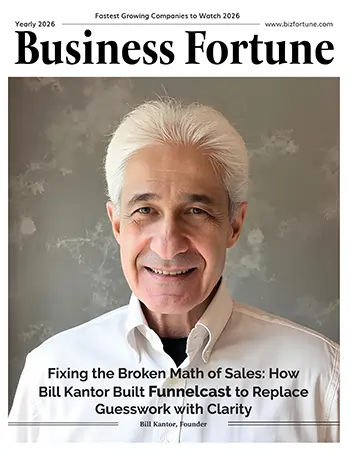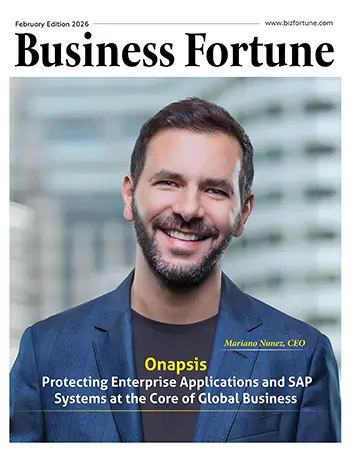By 2025, Nestlé wants to increase marketing spending to 9% of sales, reduce expenses by $2.8 billion by 2027, and establish a new worldwide business for water and premium drinks.
In an effort to spur growth under new CEO Laurent Freixe, Nestle announced on Tuesday that it will increase marketing and advertising, reduce expenses by at least $2.8 billion by 2027, and separate its water and premium drink divisions into a separate worldwide business.
In addition to rolling savings of around 1.2 billion Swiss francs, the largest food firm in the world hopes to save at least 2.5 billion Swiss francs ($2.83 billion) by 2027. In a typical operating environment, Nestle projects medium-term organic sales growth of over 4% and an underlying trading operation profit margin of 17%. In contrast, a gain of around 2% in organic revenue is anticipated for the year that ends on December 31.
At its capital markets day event in Vevey, the Swiss food giant said that it will boost its marketing and advertising expenditures to 9% of its overall sales by 2025 in order to promote growth. According to Nestle's most recent annual report, which was made public this year, advertising and marketing costs in 2023 accounted for 7.7% of company sales, a rise of 80 basis points from the previous year.
Additionally, Nestle announced on Tuesday that it intends to separate its premium beverage and water operations into a single worldwide entity beginning on January 1, 2025. In a statement, Freixe said that our action plan will also enhance their operational efficiency, responsiveness, and agility. They will be able to provide value for all of their stakeholders as a result.
In September, Freixe, who has been with the firm for almost 40 years, took over as CEO, succeeding Mark Schneider, who had let investors down with poor sales volume growth for months. During the expensive COVID-19 epidemic, Nestle cut back on its advertising and marketing expenditures and made fewer investments in innovation under Schneider.



































